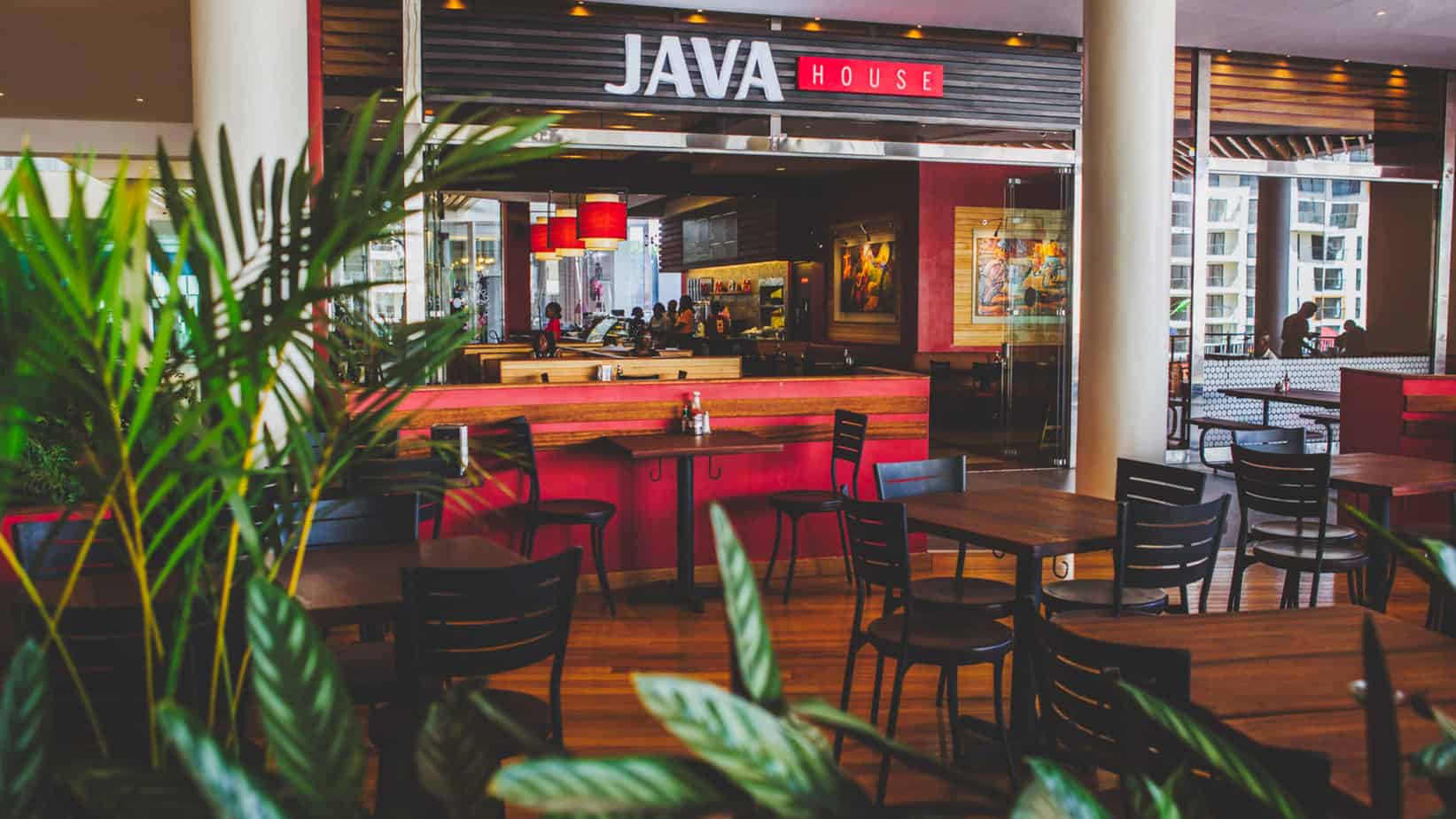Former Java House Owner ECP Kenya Files for Liquidation

ECP Kenya Limited, a Nairobi-based investment firm affiliated with Washington-headquartered Emerging Capital Partners (ECP), has filed for voluntary liquidation, officially ending its operations in Kenya. The company, once famous for owning the popular Java House restaurant chain, initiated the winding-up process through a petition at the High Court on July 3, 2025.
According to a notice published in the Kenya Gazette, ECP Kenya has asked creditors to either support or oppose the liquidation proceedings. The petition marks a significant turn in the company’s trajectory, which was once a major player in East Africa’s private equity scene.
ECP Kenya was previously the owner of Java House, a popular restaurant and coffeehouse chain in Kenya. The firm acquired Java House in 2012 before selling it in 2017 to the now-defunct Dubai-based Abraaj Group in a deal estimated to be worth over $100 million.
However, the liquidation follows a lengthy tax battle with the Kenya Revenue Authority (KRA), which issued a corporate income tax demand of KSh 3.21 billion in February 2022. The KRA claimed that ECP Kenya owed taxes on the proceeds from its 2017 exit from Java House.
ECP Kenya disputed the tax bill, arguing that the proceeds from the sale were investment income and should be taxed under capital gains tax, not corporate income tax. But in October 2023, the Tax Appeals Tribunal (TAT) reduced the tax liability to KSh 773.8 million but upheld the KRA’s claim. The tribunal concluded that ECP had a “permanent establishment” in Kenya through the advisory role played by ECP Kenya Ltd and was therefore subject to local taxation.
The TAT also ruled that the fund’s activities in Kenya constituted trade or business income, not passive investment income, and thus ECP Kenya was liable for corporate tax on its Java House exit earnings.
ECP Kenya appealed the decision to the High Court, but the appeal was dismissed in December 2024 due to the company’s failure to file necessary submissions or actively pursue the case. The court’s dismissal effectively upheld the tribunal’s ruling, sealing the firm’s tax liability.
Industry observers say the KRA’s success in this case sets a strong precedent for taxing gains from cross-border private equity exits involving Kenyan businesses. It also sends a clear message to foreign investors about the importance of tax compliance and structuring deals in line with Kenyan tax laws.
With the tax ruling now final, ECP Kenya’s decision to file for voluntary liquidation is seen as a direct consequence of the financial burden and legal setbacks resulting from the prolonged dispute.
The liquidation also follows a broader trend of exits by foreign private equity firms from the Kenyan market. The collapse of Abraaj Group, which took over Java House from ECP in 2017, had already raised concerns about governance and transparency in private equity transactions in the region.
ECP Kenya had once been a leading player in East Africa’s investment ecosystem, with multiple high-profile deals across financial services, consumer goods, and infrastructure. The exit and subsequent liquidation highlight the growing regulatory risks and tax scrutiny faced by private equity firms operating in the region.
It remains unclear how the company plans to handle the tax debt during the liquidation process, or whether any assets remain to be distributed to creditors and shareholders. Creditors have been invited to make claims or objections as the process unfolds.
ECP Kenya’s parent firm, Emerging Capital Partners, has not issued any formal statement on the liquidation of its Kenyan affiliate. However, the development could lead to a reassessment of the group’s investment strategy in Africa.
Legal experts believe that the ruling could encourage other African countries to scrutinize private equity exits more closely and ensure that taxes are duly paid, particularly where advisory services or fund management operations are domiciled locally.

